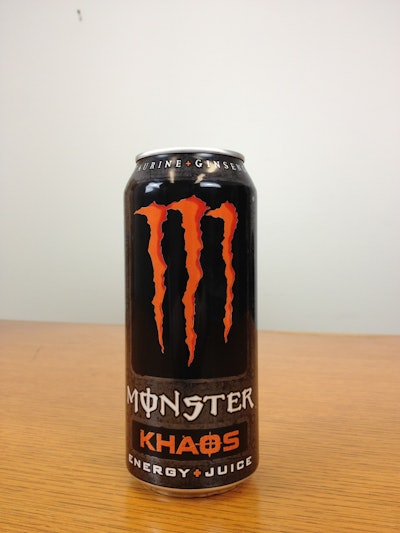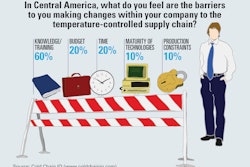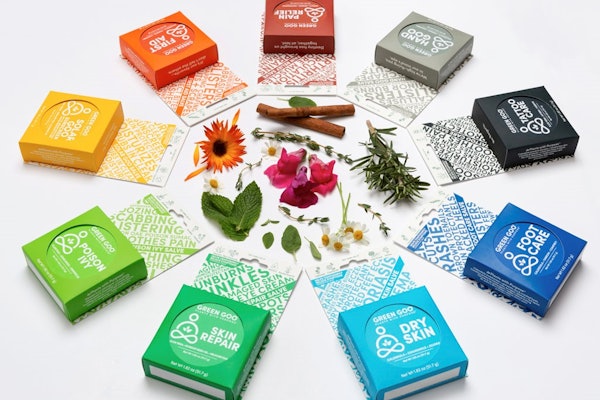
The recent headlines about a young girl’s family suing the makers of Monster Energy drink, blaming the drink for her death, is a window into a variety of controversies regarding the increasingly popular energy drink category of dietary supplements. The energy drink category has boomed in recent years, including well-known brands like 5-Hour Energy and Rockstar, and while popular, especially with young people, the drinks have been quite controversial.
In the recently filed wrongful death lawsuit, the parents of a 14-year-old girl from Maryland allege that the girl drank two Monster Energy drinks within two days, then went into cardiac arrest.
Meanwhile, FDA is already investigating allegations that Monster Energy drinks are associated with five deaths since 2009, and the New York attorney general is investigating energy drink makers’ advertising practices, to see if they are being misleading about the products’ caffeine content or risks to health. In past years, concerns were raised about the safety of combining energy drinks and alcohol.
And energy drinks are caught up in a sort of regulatory identity crisis. FDA has in recent years issued a guidance document in which it raises questions about whether liquid products in beverage form can properly be considered “dietary supplements” under the law at all, or are instead properly categorized as traditional foods.
Monster Energy is marketed as a dietary supplement, that is, a food intended to supplement one’s dietary intake of one or more substance, in this case “energy.” The Monster product’s label features a Supplement Facts box that lists sugars, several vitamins and minerals, and an “Energy Blend” containing “L-Carnitine, Glucose, Caffeine, Guarana” and three other ingredients.
Why does FDA care? Because substances in traditional foods need to be either Generally Recognized As Safe, or food additives that have FDA clearance for the way they are used.
Substances in dietary supplements need to be safe, but not Generally Recognized As Safe, so packagers have more freedom in choosing ingredients for supplements. In short, if a product is a traditional food, FDA has more ability to restrict its ingredients than if it is a dietary supplement.
As is common in product liability lawsuits, the plaintiffs in the new case claim the manufacturer failed to place on its product label a warning against the dangers of the product’s “high” levels of caffeine. Presumably they are prepared to prove the product’s caffeine levels were high in some sense, and unsafely so, and that’s what caused her death. This particular young girl also evidently had been born with a genetic disorder that weakened her heart.
What’s not clear is the degree to which the caffeine in Monster contributed to her health reactions, or whether her existing heart condition caused them, or aggravated them, or both, or whether something else caused her death. What’s also not clear is whether this young person, or any other, would have been persuaded not to drink the drink had the warning appeared on the label.
--Photo for illustrative purposes only.





















